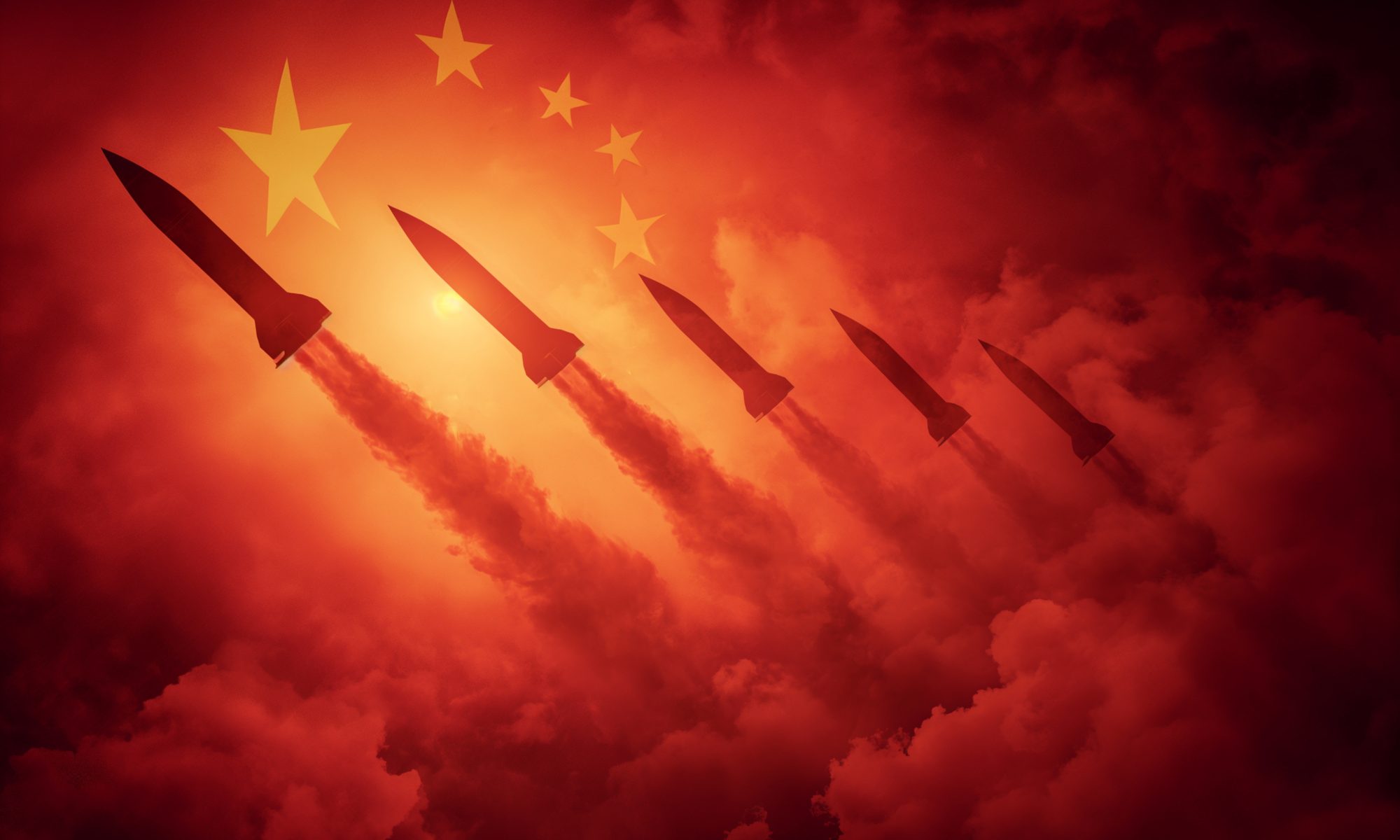How China’s New EMP Weapon Redefines War
Chinese researchers claim to have developed a new high-power microwave (HPM) weapon, capable of producing electromagnetic pulses (EMP) with the intensity of a nuclear explosion. Compact yet powerful, this technology is still undergoing laboratory testing but already promises to rewrite the rules of modern warfare. Using advanced phased-array transmission technology, the system can precisely focus energy, extending its range and allowing it to target multiple threats simultaneously, from drones to satellites. What makes this weapon so alarming is its ability to generate electromagnetic waves exceeding one gigawatt of power—enough to disable electronics within enemy systems. With electric field strengths rivaling nuclear EMPs, the weapon required engineering to prevent self-destruction. Chinese scientists achieved this through a power divider capable of withstanding over 5,000 full-power emissions, maintaining stability and efficiency at an impressive 96.6%. The result is a system that meets military demands for reliability and high-power capacity. China’s advancements in HPM technology also set their sights on space. Vulnerabilities in satellite networks like Starlink, which rely on commercial-grade components, make them potential targets for these high-energy strikes. Chinese simulations have shown how their systems could disrupt thousands of satellites in low-Earth orbit, challenging the dominance of global communication and surveillance networks. As the U.S. and China both advance their HPM and laser weapon programs, the race for electromagnetic dominance is intensifying. With the U.S. already deploying laser-equipped warships and China accelerating its anti-satellite efforts, the implications of this technology are far-reaching. HPM weapons are no longer just theoretical—they’re shaping the future of warfare, where energy replaces ammunition, and entire networks hang in the balance.



